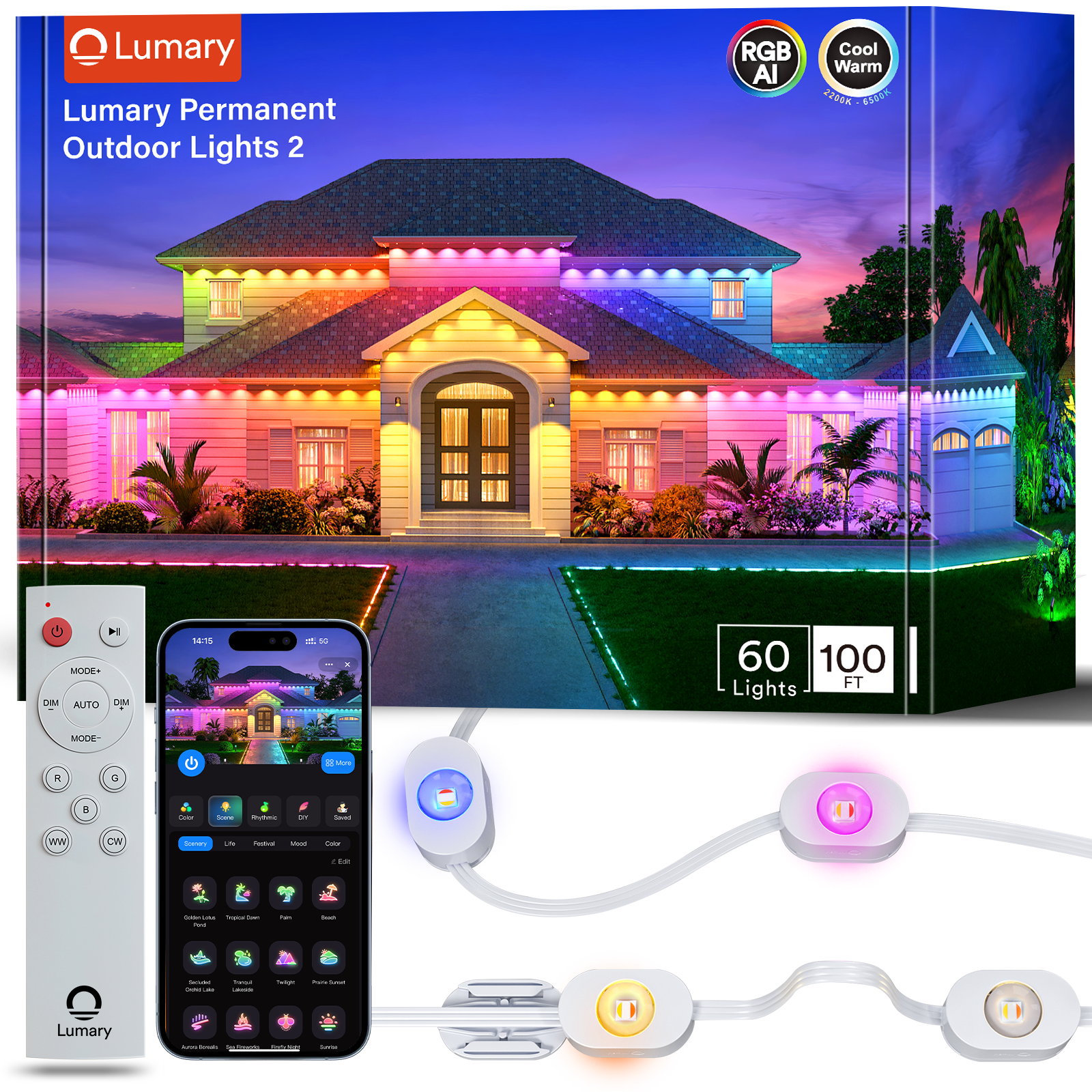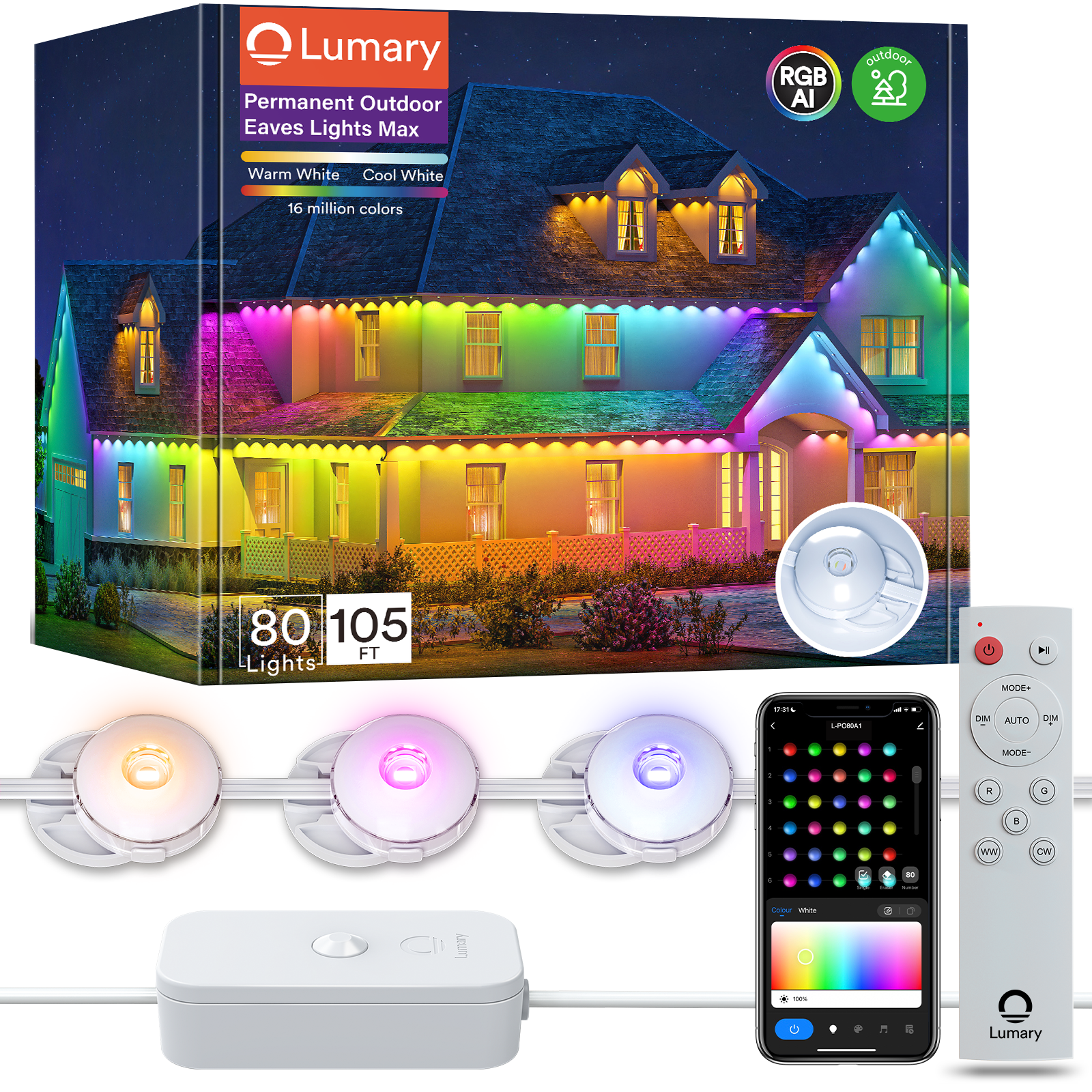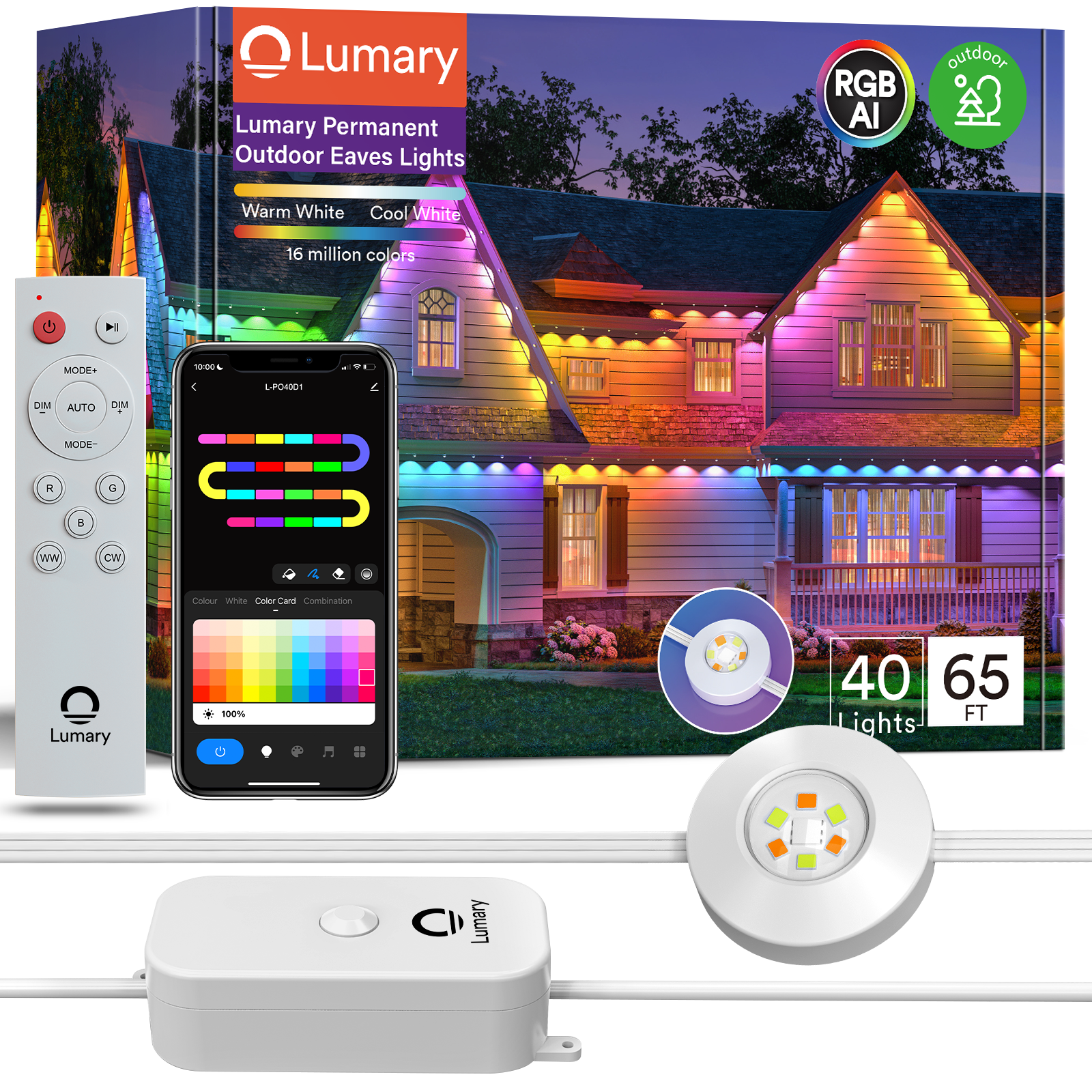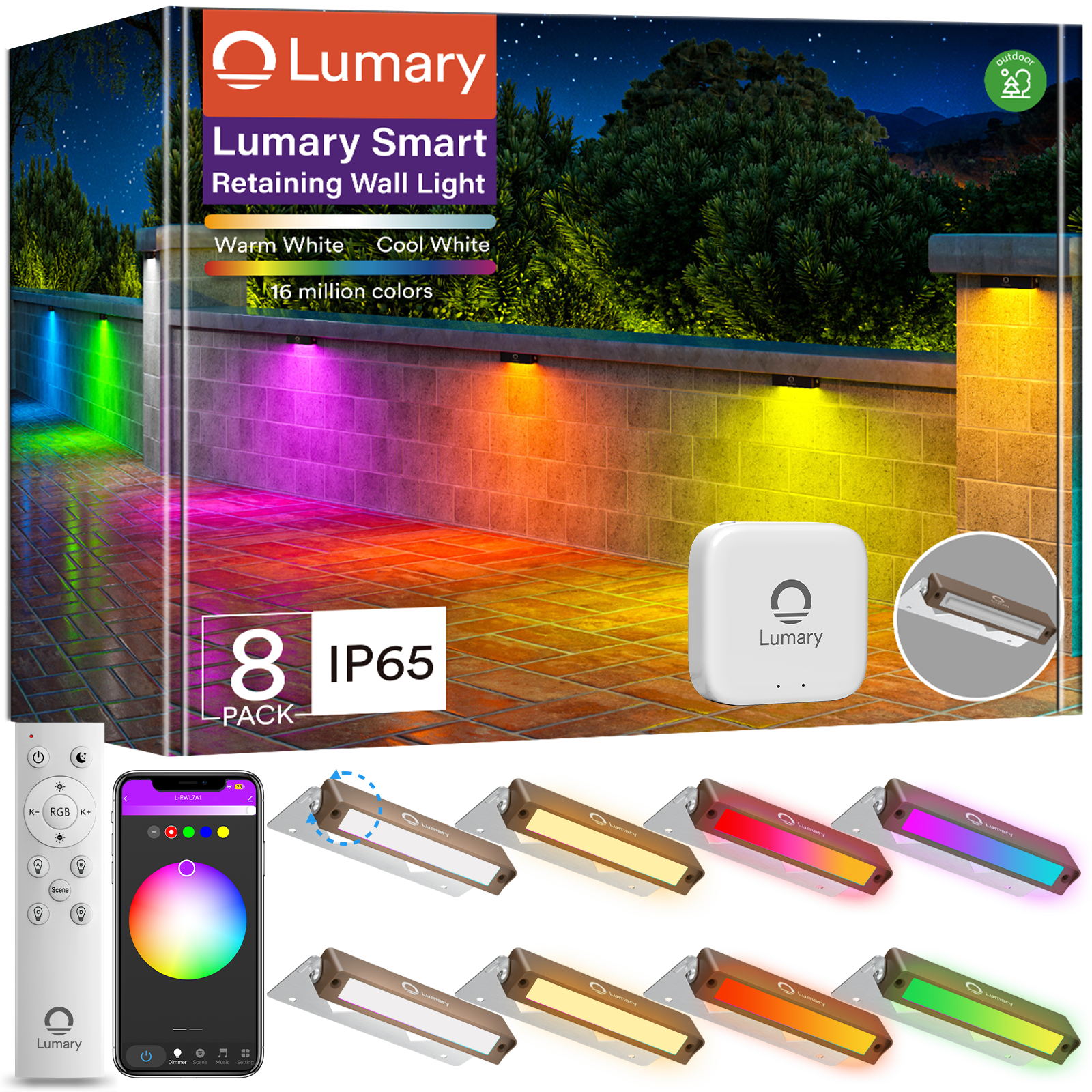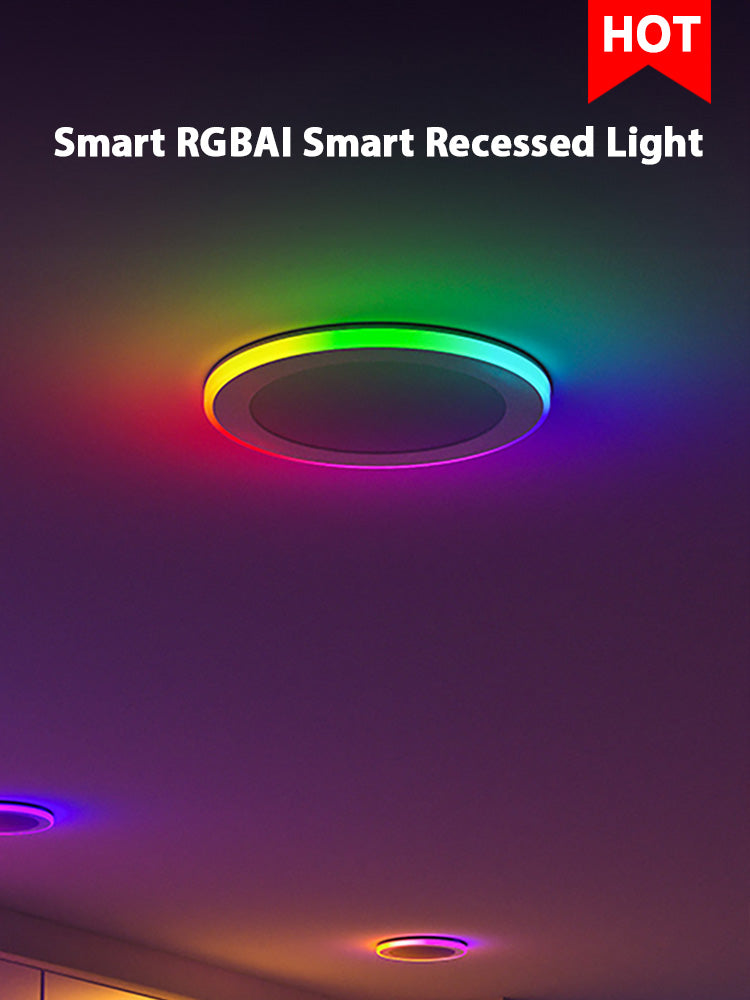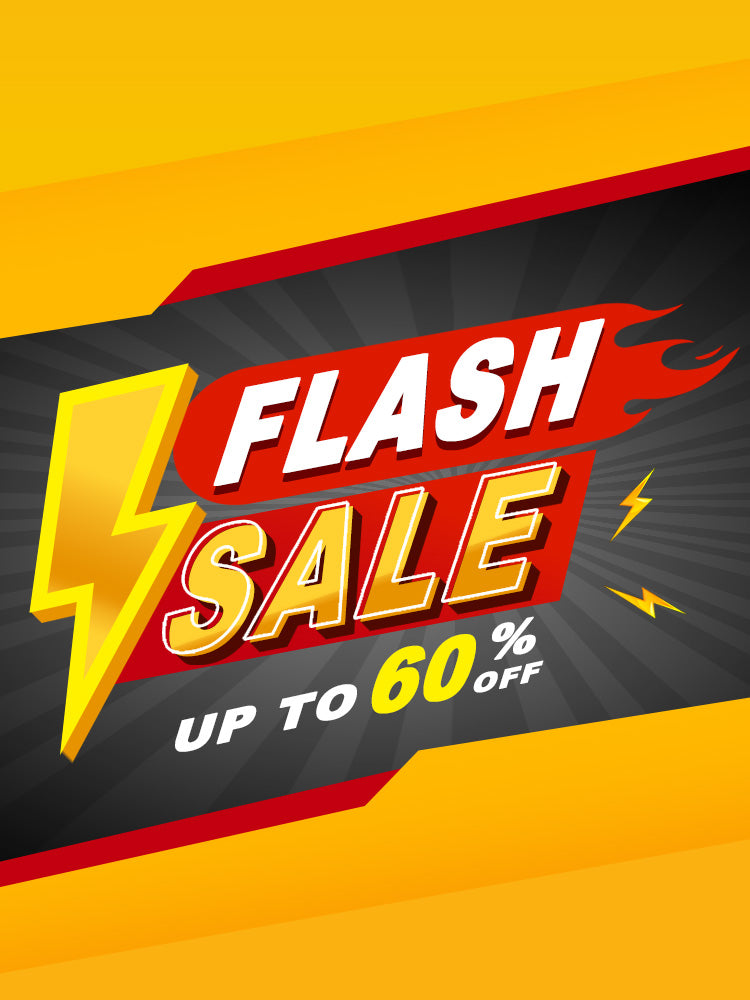You might ask if led rope light or led strip lights are better for your project. The best choice depends on what you want your lights to do. Rope lights have thick tubes and shine in all directions. This makes them good for wrapping things and for outdoor displays. Strip lights are brighter and can bend more easily. They also come in more colors. This makes them good for accent lighting or for helping you see better when working. New led technology, like seamless COB lighting and stronger materials, makes strip lights even better for many new uses.

Key Takeaways
-
LED strip lights are very bright and have many colors. They work well for lighting small spaces inside. You can use them for tasks or to make things look nice.
-
LED rope lights give off a soft, even light. They are strong and last a long time. They are great for outdoor decorations. You can wrap them around things or use them for soft lighting.
-
LED strip lights are easy to put up because they have sticky backs. Rope lights need clips and take more time to set up.
-
LED strip lights are better for outside for a long time. They handle weather well and stay bright longer than rope lights.
-
Both types save energy. LED strip lights use less power. They also have more smart features for new lighting needs.

Quick Comparison
Key Differences
When you compare rope lighting and led strip lights, you will see they are different. Both use led technology, but how they are made and how they work is not the same. Here is a table to help you see what makes each one special:
|
Aspect |
LED Strip Lights |
LED Rope Lights |
|---|---|---|
|
Light Source |
Surface-mounted LED chips on flat tape; single power input (12/24 V DC) |
Individual LED bulbs inside clear plastic tube; powered end-to-end; AC or DC input |
|
Brightness |
Brighter, more defined lighting; brightness varies with LED chip size |
Uniform brightness but less intense; suitable for soft illumination |
|
Flexibility |
Extremely flexible; can bend sharply; very thin and compact |
Somewhat flexible but limited bending; thicker diameter due to tubing |
|
Installation |
Peel-and-stick adhesive backing for easy installation |
Requires mounting clips to secure tubes |
|
Color Options & Effects |
Wide range including RGB and dynamic effects |
Limited color options; some RGB available but fewer effects |
|
Size |
Very thin (up to 3/8" width, 1/16" thickness) |
Thicker tubes (1/2–3/8" diameter) plus mounting clips |
|
Application |
Ideal for task and display lighting; fits tight spaces |
Best for low light accent and decorative lighting |
Tip: Use led strip lights if you want bright light in a small area. Pick rope lights if you want a soft glow for paths or to wrap around things.
Here are the main things to remember:
-
Led strip lights are brighter and have more color choices. You can use them for accent lighting or under cabinets. They are good when you need strong light.
-
Rope lighting gives a softer glow. You can use rope lights outside, along walkways, or to make fun shapes.
-
Strip lights are thin and bend easily. You can fit them in small spaces or around corners.
-
Rope lights are thicker and do not bend as much. They are good for wrapping around trees or railings.
-
Led strip lights are easy to put up with sticky backing. Rope lights need clips, so they take longer to set up.
-
Both types save energy, but led strip lights usually use less power.
This quick comparison helps you choose the right lights for your project. Now you can pick if you want the bright look of led strip lights or the soft glow of rope lighting.

LED Rope Light Overview
Features
Led rope light is known for being flexible and strong. In 2025, makers put small led bulbs inside clear tubes made of PVC or silicone. This keeps the lights safe from rain and from being moved a lot. You can bend and twist rope lights to fit many places. Most rope lighting uses low voltage. This makes it safe for inside and outside use.
Here is a table that lists the main features of led rope light:
|
Feature |
Description |
|---|---|
|
Construction |
Flexible strips with small led bulbs inside protective tubing |
|
Lighting Quality |
Even, continuous illumination with high led density |
|
Energy Efficiency |
Uses up to 90% less energy than old incandescent rope lights |
|
Lifespan |
Lasts 30,000–50,000 hours, so you replace them less often |
|
Flexibility |
Bends and twists for creative installations |
|
Heat Generation |
Minimal heat, safe near sensitive materials |
|
Color Options |
Vibrant colors, including RGB and COB for effects |
|
Voltage |
Low voltage (12V DC) for safety |
|
Installation |
Often has adhesive backing for easy setup |
|
Brightness |
High led density gives bright, even light |
|
Waterproof Rating |
IP65+ for outdoor and wet locations |
|
Smart Features |
Some models work with smart home systems |
|
Length and Color Variety |
Available in different lengths and colors |
|
Durability |
Weather-resistant and tough for outdoor use |
Note: Some rope lights have smart features. You can change colors, dim the lights, or sync them with music.
Pros and Cons
Rope lights have good and bad points. Here is a table to help you compare:
|
Aspect |
Pros |
Cons |
|---|---|---|
|
Energy Efficiency |
Uses about 0.8 Watts per foot, much less than old bulbs |
Higher upfront cost |
|
Lifespan |
Lasts up to 50,000 hours |
Some cheaper models have lower color accuracy |
|
Color Quality |
Bright, true colors with clear tubes |
Blue light may cause eye strain if used incorrectly |
|
Heat Output |
Very low, reduces fire risk |
May not work with all dimmers |
|
Durability |
Resists shocks, weather, and temperature changes |
Directional lighting may not suit all needs |
|
Cost |
Saves money over time with energy savings |
Initial purchase price is higher |
Led rope light saves energy, lasts a long time, and is tough. But it can cost more at first. Cheaper rope lights might not show colors as well.
Best Uses
You can use rope lights in lots of places. They are flexible and can handle bad weather. This makes them great for inside and outside. Here are some of the best ways to use them:
-
Put them around patios, decks, and walkways for safe lighting.
-
Wrap them around trees, fences, or gazebos for parties.
-
Use them under cabinets, along baseboards, or in closets for extra light.
-
Decorate bedrooms, home theaters, or game rooms for a cozy feel.
-
Shape them into fun designs for holidays like Christmas or Halloween.
-
Try solar-powered rope lights for outdoor spaces to save energy.
Rope lights let you be creative. You can bend and shape them to fit almost anywhere. They save energy and last a long time, so they are a smart pick for many projects.

LED Strip Lights Guide
Features
LED strip lights are thin and flat. They shine bright light in one direction. The lights sit close together on a bendy board. This makes them fit in small spaces. Most have sticky backs, so you can put them under shelves or behind TVs. You can pick from lots of colors, like RGB or white. Strip lights use low voltage, so they are safe and save energy. You can cut or add more to fit your space. Good led strip lights last a long time and give strong light.
|
LED Strip Lights |
LED Rope Lights |
|
|---|---|---|
|
Structure |
Flat, thin flexible circuit board with LED chips |
Cylindrical plastic tubing with spaced LED bulbs |
|
Brightness |
Brighter, focused illumination |
Softer, ambient glow |
|
Flexibility |
Somewhat flexible, suited for flat surfaces |
Highly flexible, can be bent and twisted easily |
|
Installation |
Adhesive backing for easy mounting |
Requires clips or mounting hardware |
|
Color Options |
Wide range including RGB, tunable whites |
Limited color range |
|
Power Consumption |
More energy-efficient |
Higher power consumption |
|
Lifespan |
Longer lifespan |
Shorter lifespan |
Tip: Pick strip lights if you want bright light and easy setup.
Pros and Cons
Led strip lights have good and bad sides. Many people use them at home or work.
-
You can use your phone or voice to control them.
-
You can change colors or dim the lights.
-
They save power and last a long time.
-
You can cut or add more for the right size.
-
They are bright and show colors well.
Cons of led strip lights:
-
Some only work with certain Wi-Fi.
-
Extra features can cost more money.
-
You might need more devices for smart control.
-
Some leave sticky marks when you take them off.
-
Not all work with every smart assistant.
Note: Check if strip lights work with your devices and how to mount them before buying.
Best Uses
You can use led strip lights in many fun ways. They bend and shine bright, so they work in homes and stores.
-
Put strip lights under kitchen cabinets for bright light.
-
Add accent lights in living rooms, bedrooms, or halls.
-
Make shelves, stairs, or furniture stand out.
-
Use waterproof strip lights outside on decks or near pools.
-
Make party areas colorful with RGB strip lights.
-
Use high-density strip lights for jobs like photos or signs.
LED strip lights let you choose how your space looks. You can make soft or bright light for any project.

Rope Lighting vs LED Strip Light
Brightness
Led strip lights are much brighter than rope lights. They can shine up to 1500 lumens per meter. This means they light up spaces better. Rope lights give off a soft glow. They are best for decoration, not for bright tasks. If you need to see well, like in a kitchen, use led strip lights. Rope lights work well for gentle, background lighting.
|
Lighting Type |
Brightness (Lumens per Meter) |
Typical Use Case |
|---|---|---|
|
LED Strip Lights |
~1500 |
Task, accent, and display lighting |
|
LED Rope Lights |
Low brightness |
Decorative or accent lighting |
Tip: Pick led strip lights for bright jobs, like under cabinets or displays. Rope lights are good for soft, pretty effects.
Flexibility
Flexibility helps you shape lights around corners or objects. Rope lights bend sideways and outward with a 2-inch bend. Led strip lights bend tighter, down to 1 inch, but only one way. This makes strip lights great for sharp corners or tight spots. Rope lights are good for wrapping trees or railings, but not for sharp turns.
|
Light Type |
Lateral Bend Allowed? |
Minimum Lateral Bend Radius |
Convex Bend Allowed? |
Minimum Convex Bend Radius |
|---|---|---|---|---|
|
LED Rope Lights |
Yes |
2 inches |
Yes |
2 inches |
|
LED Strip Lights |
No |
N/A |
Yes |
1 inch |
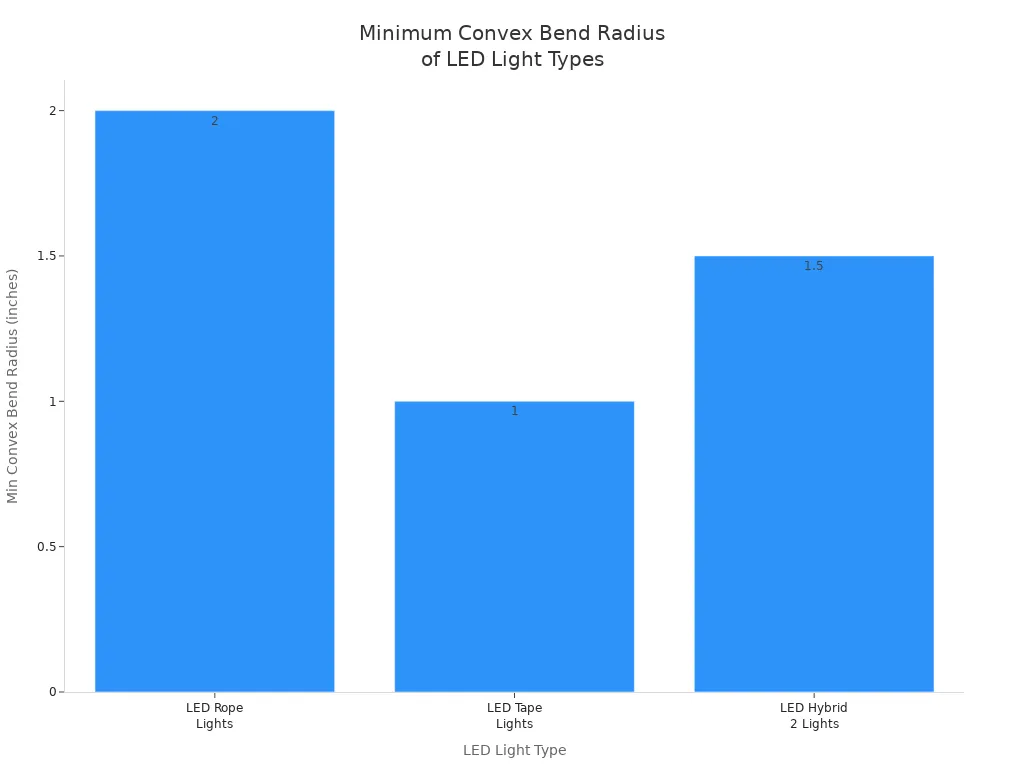
Note: For tight curves, led strip lights give you more ways to design your lights.
Installation
Led strip lights are easy to put up. They have sticky backs. You peel and stick them where you want. Rope lights need clips and sometimes sealing if you cut them. This takes more time and planning. Strip lights are thin and fit in small spaces. Rope lights are thicker and need more room.
|
Aspect |
LED Rope Lights |
LED Strip Lights |
|---|---|---|
|
Mounting clips |
Adhesive backing |
|
|
Installation Complexity |
More hardware, sealing needed |
Simple, quick stick-on |
|
Cutting |
At marked points, reseal ends |
At marked points, may lose waterproofing |
|
Time Requirement |
Longer |
Shorter |
If you want to finish fast, led strip lights are the best choice.
Durability
Durability is important for outdoor lights. Both types can handle rain and dust if they have high IP ratings. Rope lights use thick PVC tubes, but these can turn yellow or crack in the sun. Led strip lights use strong materials that last longer and resist weather better. For long outdoor use, led strip lights keep their quality longer.
|
Feature |
LED Strip Lights |
LED Rope Lights |
|---|---|---|
|
IP Rating |
Good, often waterproof |
|
|
Shell Material |
Silicone, PVC, PU, epoxy resin |
PVC casing |
|
Durability |
High, less likely to yellow or crack |
|
|
Recommended Use |
Demanding outdoor, long-term |
Decorative outdoor, less demanding |
For tough weather or long-lasting outdoor lights, led strip lights are stronger.
Customization
Led strip lights are best if you want to change your lighting. You can pick many colors, lengths, and controls. Some let you change colors, dim, or use smart controls. Rope lights let you pick the length and some connectors, but color choices are few. You cannot change color temperature much with rope lights.
|
Customization Aspect |
LED Rope Lights |
LED Strip Lights |
|---|---|---|
|
Length Options |
Custom length, easy to cut |
|
|
Color Options |
Fixed, limited (often 3500 K) |
Wide range, RGB, tunable whites |
|
Control Features |
Basic timers, dimmers |
Advanced controls, smart systems |
|
Connectors |
Multiple cable and connector options |
Many connectors, easy linking |
If you want lots of control, led strip lights give you more choices and features.
Energy Efficiency
Both types use less power than old bulbs. Rope lights use about 2.62 watts per meter. Led strip lights can use even less, especially at lower brightness. Strip lights give more light for each watt. This means you save more energy if you need bright lights.
|
Feature |
LED Rope Lights |
LED Strip Lights |
|---|---|---|
|
Energy Consumption |
~2.62 Watts per meter |
Varies, often lower per lumen |
|
Brightness Levels |
Low |
Low to very high |
|
Applications |
Decorative, accent |
Task, accent, display |
For saving energy and getting bright light, led strip lights are the best.
Cost
Cost is something to think about. Rope lights cost less at first. They are good for short or seasonal projects. Led strip lights cost more at the start, but last longer and use less energy. Over time, strip lights can save you money if you use them every day.
|
Feature/Aspect |
LED Rope Lights |
LED Strip Lights |
|---|---|---|
|
Initial Cost |
Lower |
Higher |
|
Long-Term Value |
May degrade faster |
Better for daily use |
|
Maintenance |
May need replacement |
Less frequent maintenance |
For daily or long-term lighting, led strip lights are a smarter buy.
Application Scenarios
You can use both types in many ways, but each is best for certain things. Rope lights are great for decorations, like wrapping trees or making shapes for holidays. Led strip lights are best for accent lighting, under cabinets, or places that need bright, focused light.
|
Feature/Aspect |
LED Rope Lights Applications |
LED Strip Lights Applications |
|---|---|---|
|
Common Uses |
Kitchen under-cabinet, accent lighting, retail displays |
|
|
Lighting Purpose |
Ambient, soft glow |
Bright, versatile, task and accent lighting |
|
Flexibility |
Gentle curves, wrapping objects |
Sharp bends, intricate designs |
|
Example |
Outdoor party, festive shapes |
Restaurant bar, modern home accent |
Experts say rope lights are best for fun, flexible designs. Led strip lights are best for bright, modern, and custom lighting projects.
Project Selection Guide
Assess Needs
Start your lighting project by thinking about what you want to achieve. Follow these steps to make sure you pick the right led lights:
-
Decide if you need task lighting or accent lighting. Task lighting helps you see better for work or cooking. Accent lighting adds style or highlights features.
-
Measure your space. Accurate measurements help you choose the right length of led strip lights or rope lights.
-
Check how bright you want your lights. Look at lumens to match your needs.
-
Pick a color temperature. Warm white feels cozy. Cool white feels bright and energizing.
-
Think about where you will install the lights. For outdoor projects or wet areas, choose lights with a high IP rating.
-
Make sure your power supply matches the voltage of your led lights.
-
Look at led density for even light. More leds per meter give smoother light.
-
For rope lights, choose the right diameter. Thinner rope lights bend more for creative shapes.
-
Plan your layout. Know where your power source is and how you will mount the lights.
-
Consider how easy the diy installation will be. Some projects need clips or extra tools.
Tip: Write down your answers to these steps before you shop for led lighting.
Match Features
You need to match your project needs to the features of led strip lights or rope lights. Use led strip lights for bright, focused lighting in kitchens, behind TVs, or in bedrooms. These lights work well for accent lighting and can change colors for fun effects. Rope lights fit best for outdoor decorations, wrapping trees, or lining walkways. Pick waterproof or solar-powered options for outdoor applications. If you want smart control, look for led strip lights that work with home assistants. Always check the color temperature and brightness to set the right mood.
Example Projects
Here are some real-world lighting projects that use led strip lights and rope lights:
-
Use led strip lights to light up garden paths. This makes walkways safe and beautiful.
-
Add strip lights under kitchen cabinets for better cooking light.
-
Place led strip lights behind your TV or headboard for a cozy or movie-like feel.
-
Wrap rope lights around trees or railings for outdoor parties.
-
Highlight rooflines or pillars with led strip lights for modern style.
-
Try a diy project by making custom shapes or art with flexible led lights.
These applications show how led lighting can change your space. You can use them for safety, style, or fun in many projects.
You now understand how led rope lights and led strip lights are not the same. The table below shows how each type works best for different jobs:
|
Feature |
LED Rope Lights |
LED Strip Lights |
|---|---|---|
|
Best Use |
Artistic, outdoor, decor |
Indoor, accent, task |
|
Installation |
Flexible, may need help |
Easy, DIY adhesive |
|
Durability |
Very high |
High, needs care |
Pick led rope lights if you want to make creative outdoor displays or fun decorations. Choose led strip lights if you need bright lights for inside your home or want a modern look. This guide helps you pick the best led lighting for your room or project.
FAQ
Can you use LED rope lights and LED strip lights outdoors?
You can use both types outdoors if they have a high IP rating, like IP65 or higher. Always check the product label for waterproof features before installing outside.
How do you power LED strip lights and rope lights?
Most LED strip lights use a low-voltage DC power supply. Rope lights can use either AC or DC power. Always match the power supply to the light’s voltage for safe use.
Can you cut LED rope lights or strip lights to fit your space?
You can cut both types at marked points. Use sharp scissors or a cutting tool. For rope lights, seal the ends after cutting to keep them waterproof.
Which type is safer for kids and pets?
LED strip lights and rope lights both stay cool and use low voltage. Strip lights have sticky backs, so you can hide them out of reach. Rope lights have thick tubes, which protect the bulbs.
Do LED strip lights or rope lights work with smart home systems?
Many LED strip lights work with smart home systems. You can control them with your phone or voice. Some rope lights also have smart features, but you should check the product details.


